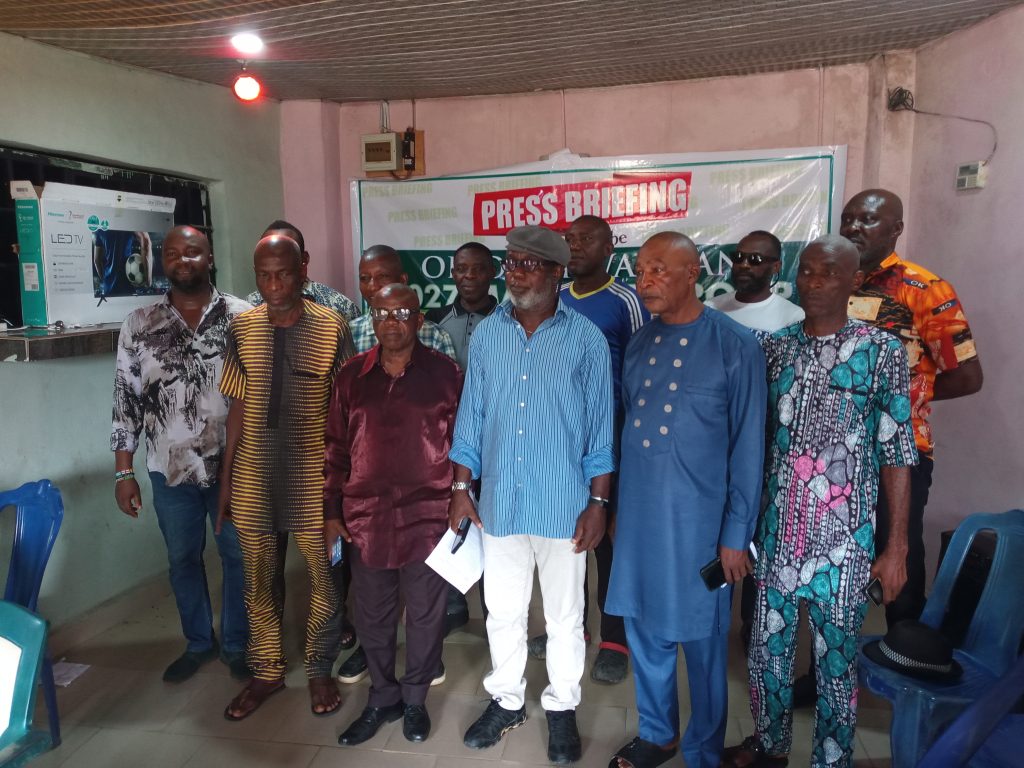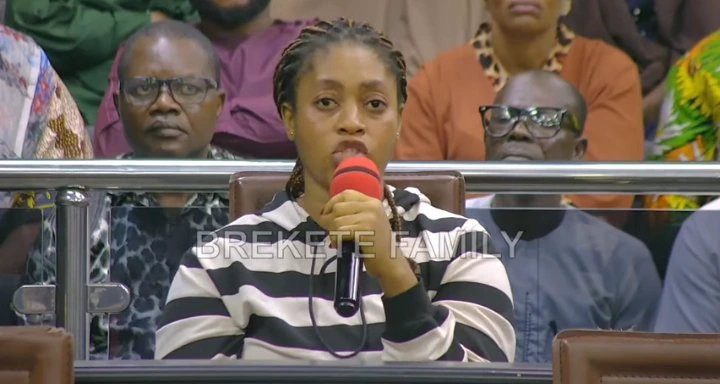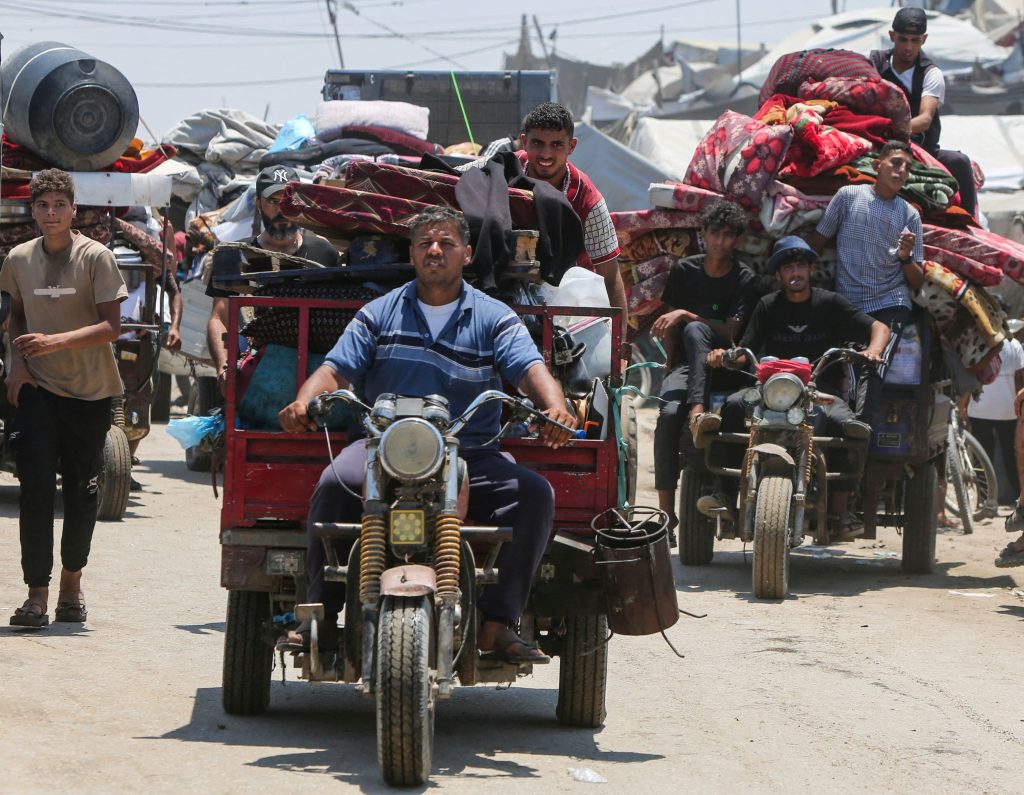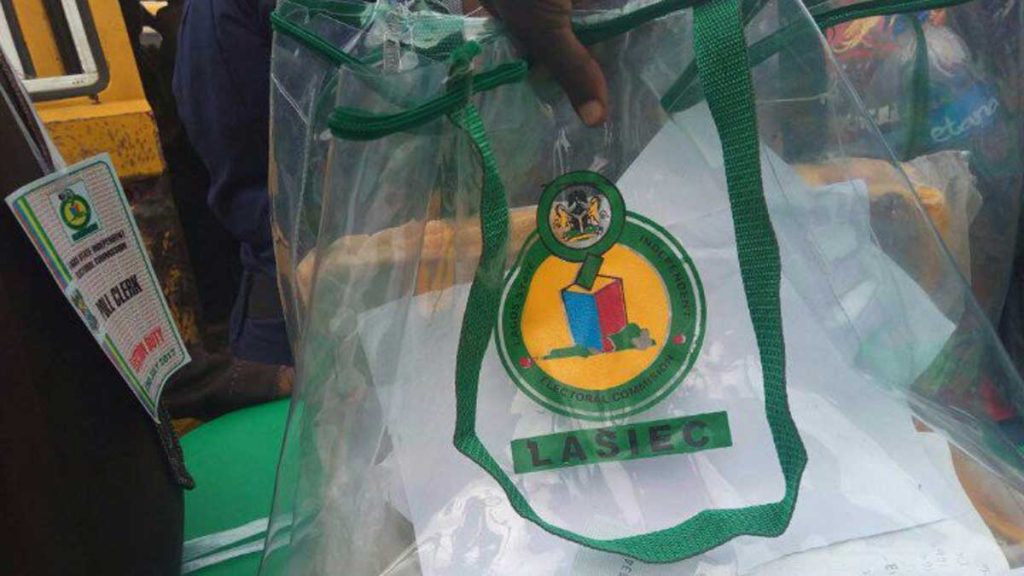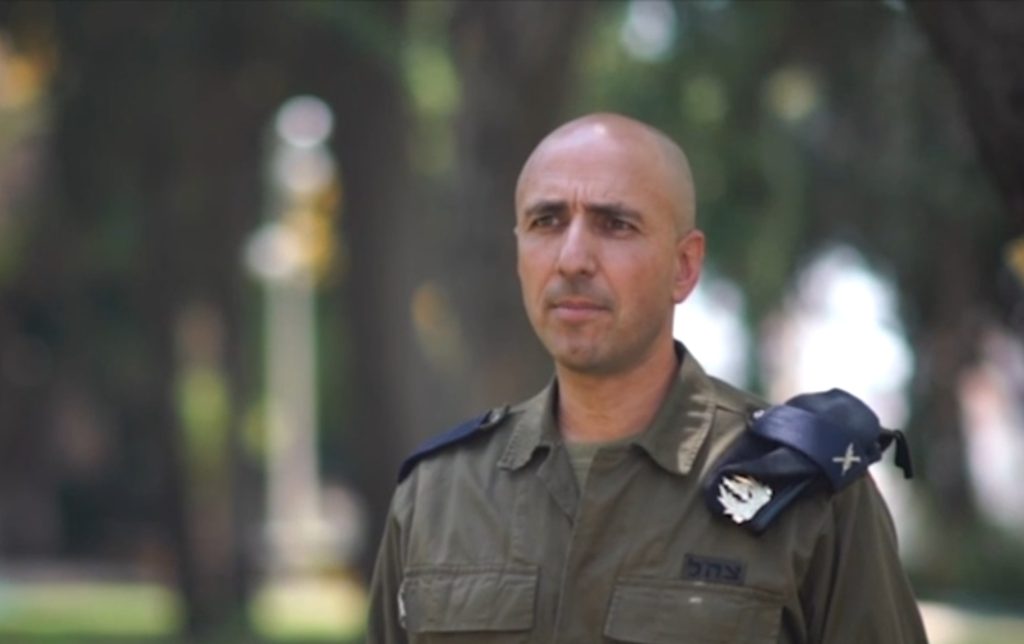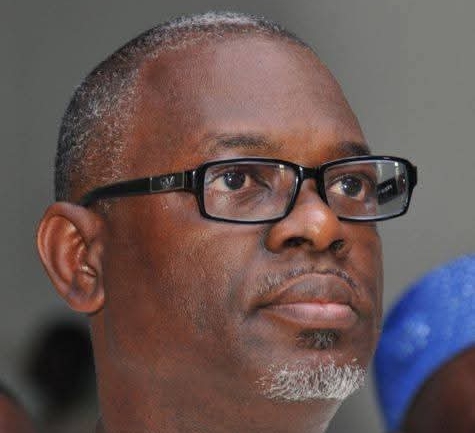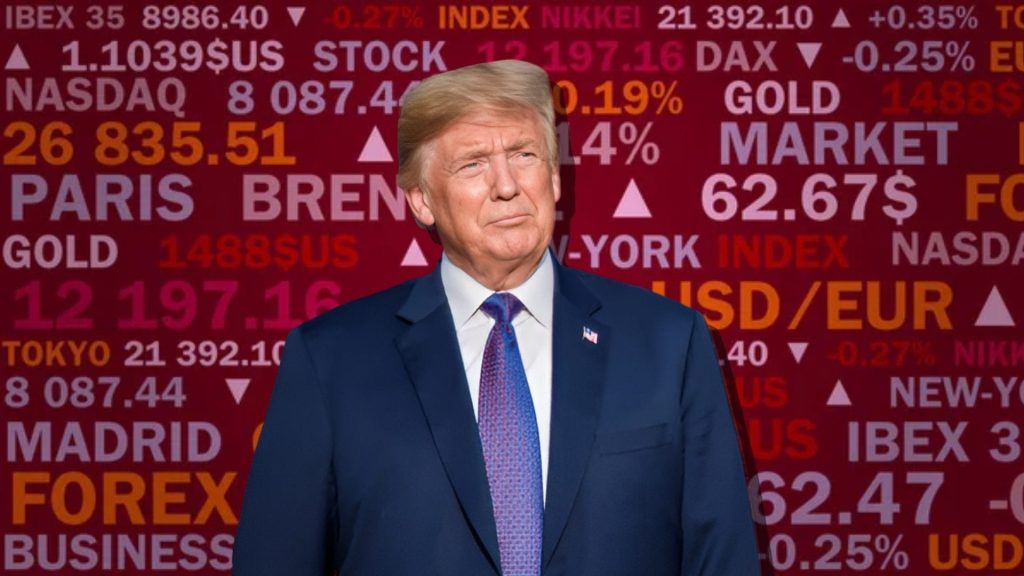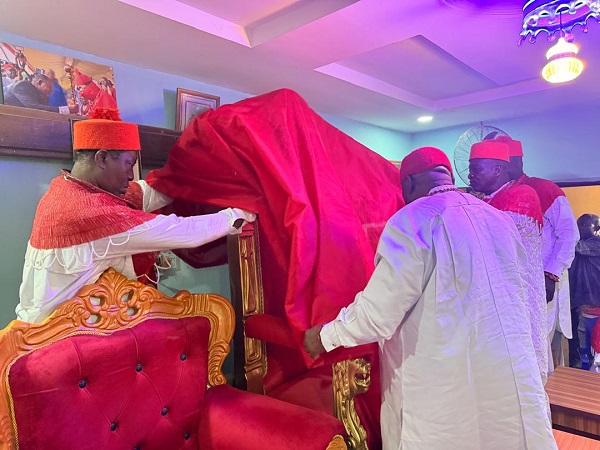Editorial
Biafra: why propaganda can’t secure freedom, but…
Freedom fighters have stirred emotions, but have they aroused the will?

Biafra, as a sacred cause, has piteously been reduced to propaganda!
But how positive could propaganda be in a freedom struggle?
“In time of war, when truth is so precious, it must be attended by a bodyguard of lies”.
These were the words of a former Prime Minister of the United Kingdom, Winston Churchill.
Barely a week after the arrest of Simon Ekpa, the self-proclaimed Prime Minister of Biafra Republic, his media supporters have eagerly engaged in creating digital fabrications that they believe will advance the Biafra cause.
A video in which a white female newscaster allegedly reported an update on Simon Ekpa’s apprehension is now trending on social media.
In the video, the broadcaster addressed Ekpa as Prime Minister of Biafra Republic Government in Exile.

Simon Ekpa (Self-proclaimed Prime Minister of Biafra Republic)
She stated that a detailed report conducted by MTV had disconnected Ekpa with any allegations of terrorism imposed on him by the Federal Government of Nigeria.
However, the video was craftily designed using Artificial Intelligence and therefore is fake.
This is not the first time the separatists have employed this tactic.
Shortly after Donald Trump emerged as the winner of the 2024 United States Presidential Election, separatists created an AI video of Trump issuing orders to the Nigerian Government against the detention of the leader of the Indigenous People of Biafra, Nnamdi Kanu.

Mazi Nnamdi Kanu (leader of the Indegenous People of Biafra)
In essence, Trump, in the video, gave an ultimatum to Tinubu’s government to free the IPOB leader.
He warned that he would impose sanctions against Nigeria if Tinubu’s Government did not release Kanu by November 31st.
Unfortunately, despite the clear manipulation of the voices of Trump and the white lady, many viewers, particularly millennials, would accept the news piece without question.
In other words, they struggle to distinguish between falsehood and truth.
But a discerning mind would easily spot the glaring and careless error in the video, recognizing that November consistently has 30 days, not 31.
Further, a similar incident had played out when some supporters circulated an alleged Ekpa’s tweet.
The tweet claimed that he had secured a loan with the International Monetary Fund and the World Bank through the aegis of the Director General of World Trade Organization, Dr. Ngozi Okonjo Iweala.
But the truth is that at the time when the tweet was in circulation, no trace of it was found on Ekpa’s X page.
This development triggered the speculation that the tweet might have been fabricated.
It could have been the handiwork of enemies who desired to soil the image of the PM.
But it could also have been the shenanigans plotted by Ekpa’s supporters, believing that their action would promote the Biafra cause.
Whichever was the case, what is certain is that some Biafra separatist groups have over the years relied solely on propaganda without realizing its insidious implications.
Goal of propaganda
Propaganda has one major goal: public incitement.
It makes a people to revolt. But it does not necessarily address practical, everyday problems of the people afterwards.
It stirs emotions but incapacitates the reason.
Propaganda employs well crafted, but fallacious logic to make the people believe what is actually false.
It reduces the credibility and integrity of its purveyors, marking them as mere demagogues.
It is a nonviolent, but dishonest tactic of social influence since it can get a whole people to believe that their action is done out of volition, not manipulation.
That some people still believe that the former president Muhammadu Buhari died long ago is a glaring testament of the power of propaganda in political affairs.
Little wonder Edward Bernays remarked that propaganda is the Executive Arm of the invisible government.
Why freedom fighters are losing the battle
Isn’t it time for the separatist groups to look beyond the surface and consider the people at the heart of the struggle?
The reason they appear to be losing ground is that they have focused solely on criticizing and slandering the government.
They mistakenly believe that the ideal of a Biafra is a distant future, when in reality, it could be driven by both the official government and the freedom fighters.
Before Chukwuemeka Odumegwu Ojukwu died, he wrote a book titled “Because I am involved” published in 1989.

Chukwuemeka Odumegwu Ojukwu (Biafra leader)
In the book, the Igbo leader expressed an account of the foundation or context upon which the civil war erupted.
He pinpointed issues of marginalization and exclusion of the Igbos from political and economic decisions of the country.
But in the concluding chapters of the book, Ojukwu made a significant transition in his perspective on Biafra.
Acknowledging that Biafra was in reality a metaphor for development, Ojukwu said: “All of Nigeria today there is Biafra.
“But that Biafra is the Biafra of the Nigerians and not the Biafra of the Igbos.
“It is the Biafra of the mind, not the Biafra of the fields.”
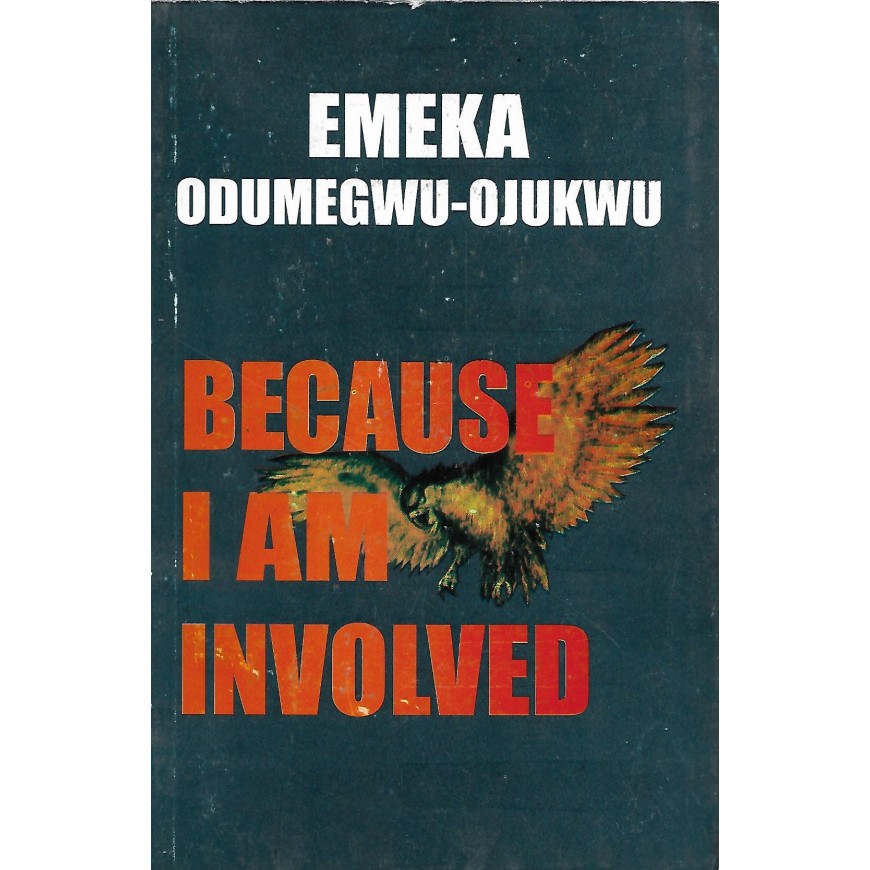
Because I Am Involved, a book authored by Ojukwu in 1989
What does this quotation mean?
Ojukwu was saying that the natural endowments bestowed on the Igbos, including industry, resilience and mineral resources had been the thread holding Nigeria for a long time.
In essence, the overall development of the country is dependent on the empowerment and inclusion of the Biafran territory in governance.
On the other hand, the Biafra of the mind and not the fields entails that the best way to realize the idea of Biafra is not through the barrel of a gun, but by introspection.
Propaganda is vital
Make no mistakes. Propaganda can be positive.
Incontestably, it is an essential element in any true freedom struggle.
No political leader, even the most principled, can sway the people without propaganda as it is part of the first requisites for social influence.
For example, it is a fact that the South East has been facing discrimination for years.
If this is so, a leader who desires to fight for the Igbo cause must stir people’s emotions using preexisting ideas, such as marginalization, to get their attention.
Nevertheless, freedom acquired through propaganda is often sustained by propaganda.
If propaganda were the only tool the separatist leader could use, he might find political freedom in the end, but not a peaceful and moral society.
South Sudan is a good example.
The youngest country in the world got her independence on 9th July 2011 by means of a referendum.
In the exercise 98.8% of the people supported a breakaway.
Unfortunately, having existed for 13 years, South Sudan has remained the poorest country in Africa.
Its GDP Per Capita stands at $492, according to a 2024 report by Business Day Nigeria.
Biafra: beyond propaganda
How then can separatist leaders attract the people’s voluntary submission beyond the use of propaganda and coercion?
In an interview with Newsweek, Kanu expressed his belief in the teachings of Martin Luther King Jr. and Mahatma Gandhi.
He noted: “I hope that what we are looking for can be accomplished peacefully.
“I am an advocate of passive resistance.
“Gandhi and Martin Luther King tried it to very good effects, so why should it not work in our case?”
It is not within the purview of this piece of writing to discuss violence or nonviolence in relation to Biafran separatists.
But it is important to allude to Kanu’s words in order to understand the crux of this article.
Arguably, Ghandi set a standard for all freedom struggles wishing to employ nonviolence as a tactic.
Ghandi held that nonviolence should not exist in isolation but must coexist with what he referred to as ‘satyagraha’.
The term translates in English as Truth-force or holding onto truth.
Simply, the teaching of Satyagraha is that a freedom fighter criticizes the government.
Nevertheless, he must strive to correct the ills of government by immersing himself in the people he is fighting for.
For instance, Ghandi was somewhat a wealthy lawyer who could afford any brand of fancy clothes in town.
But in the course of time, he made a significant choice to adopt a simple dhoti and shawl.
The aim was to identify with the impoverished people of India.
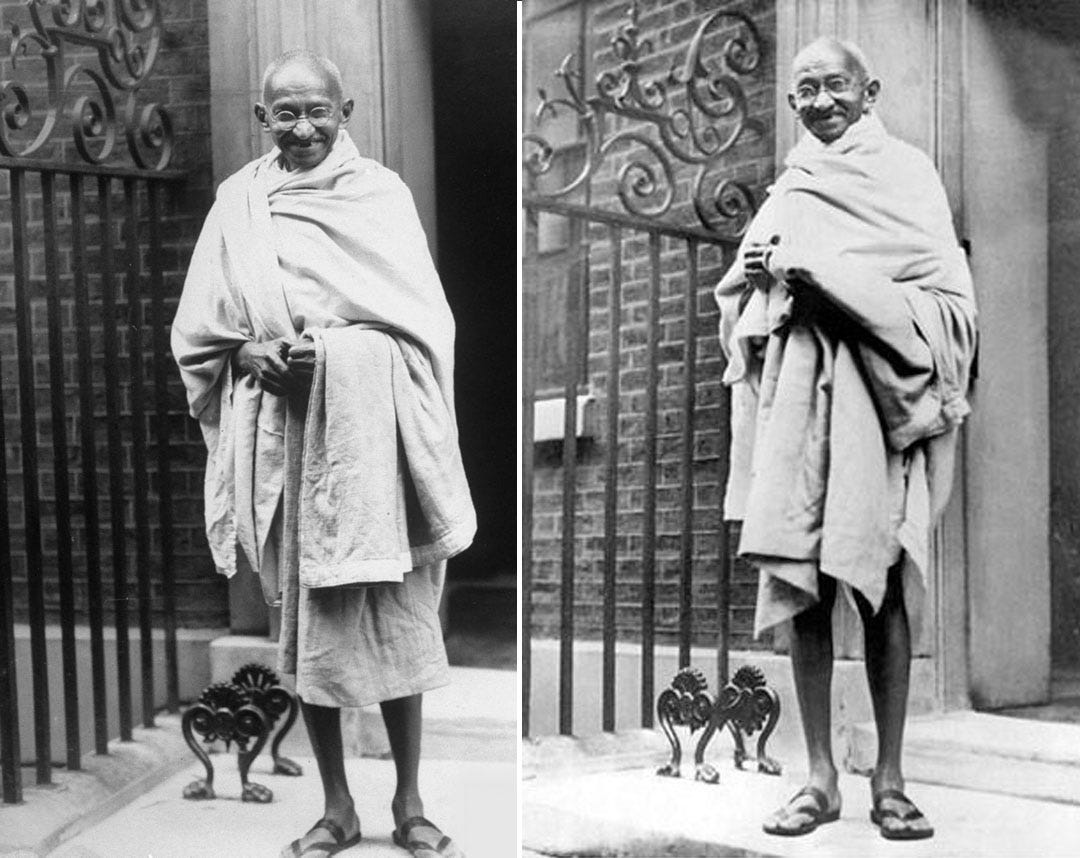
Mahatma Ghandi (father of Indian Independence) wearing a dhoti (down) and a shawl (up) Credit: Medium
Fighting internal ills
Secondly, Gandhi fought against the Caste System which segregated certain people in Indian culture.
He also established a residence he called the Ashram.
In this house, Ghandi and his followers practiced and promoted the principles of non-violence and self-sufficiency.
Gandhi provided Indians with the chance to acquire skills and engage in practical work.
These activities were done in the Ashram, aiming to reduce their reliance on the British Government.
One of his significant achievements was encouraging Indians to produce their own clothing using the spinning wheel.
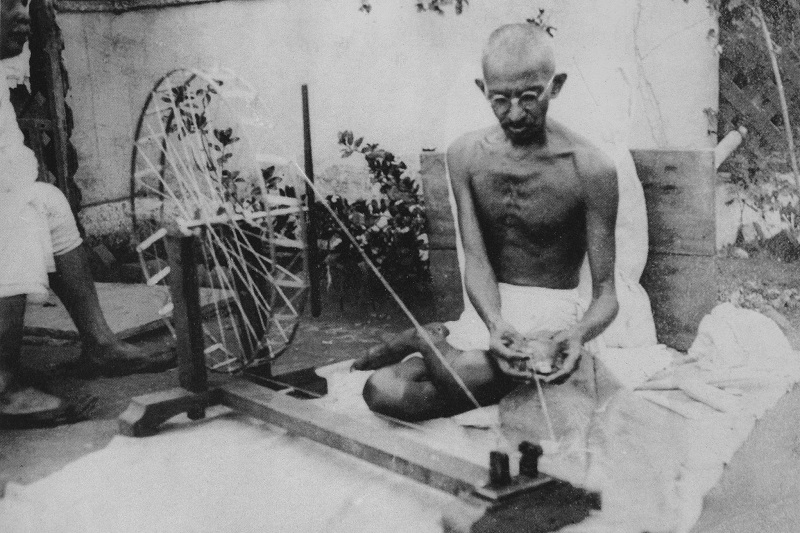
Ghandi making his own cloth with the spinning wheel.
These actions, among others, enabled Gandhi to secure unwavering obedience.
It was rooted in the people’s will, rather than relying solely on the leader’s propaganda.
Dorothy Day was a vocal critic of the United States Government.
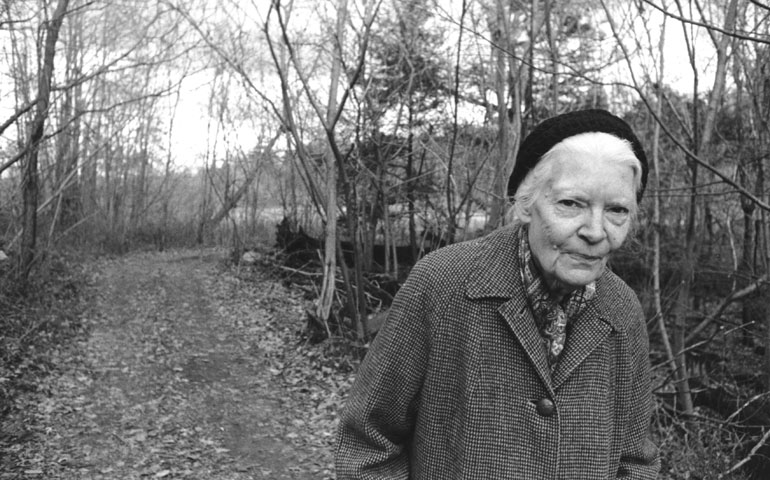
Dorothy Day (social activist and co-founder of Catholic Worker Movement in the United States.)
She co-founded the Catholic Worker Movement in the 1930s to aid the poor.
The Gandhian approach to freedom struggle is evident.
Challenge the government while supporting the people.
Biafran Separatists could greatly impact on Igbos by adopting a similar strategy.
The most effective way to assist people is not merely to encourage them to think, but to guide them to think rightly.
Propaganda only fuels anger; it can never alleviate hunger.
For Diaspora Digital Media Updates click on Whatsapp, or Telegram. For eyewitness accounts/ reports/ articles, write to: citizenreports@diasporadigitalmedia.com. Follow us on X (Fomerly Twitter) or Facebook



